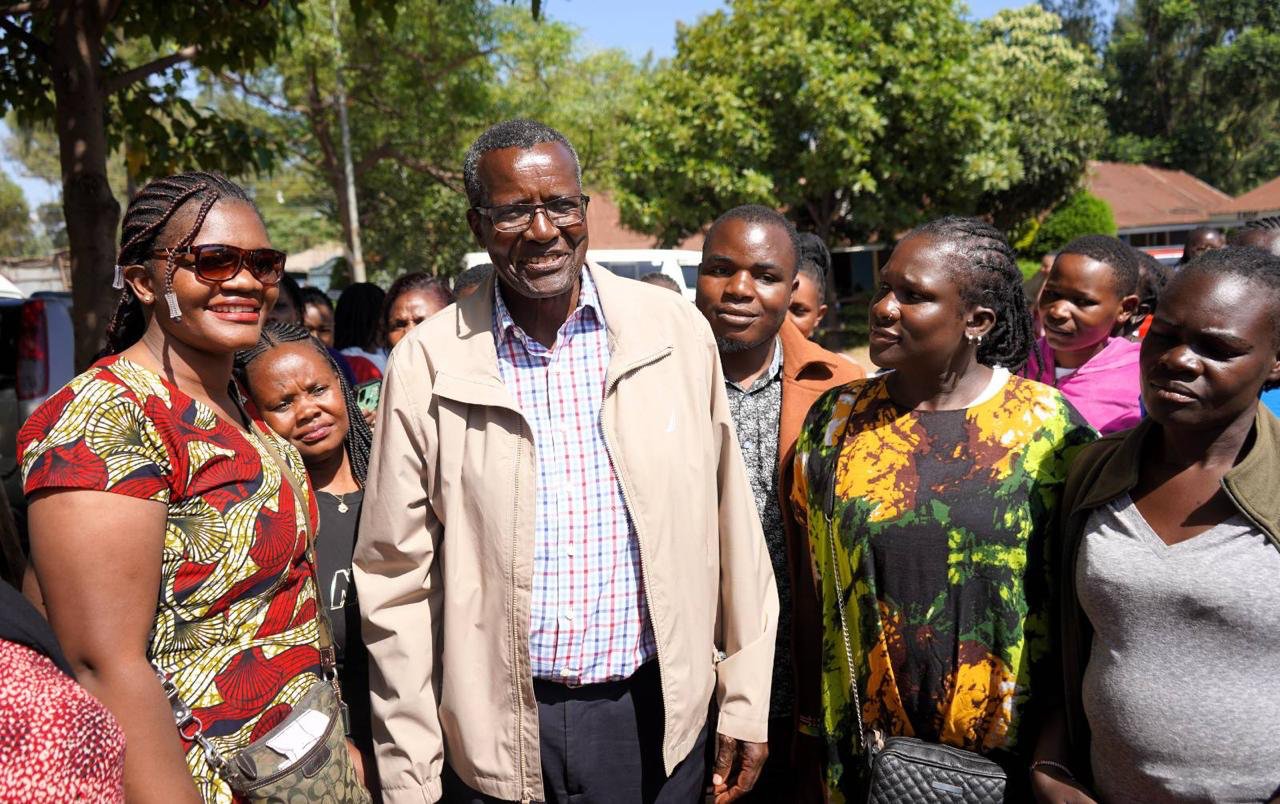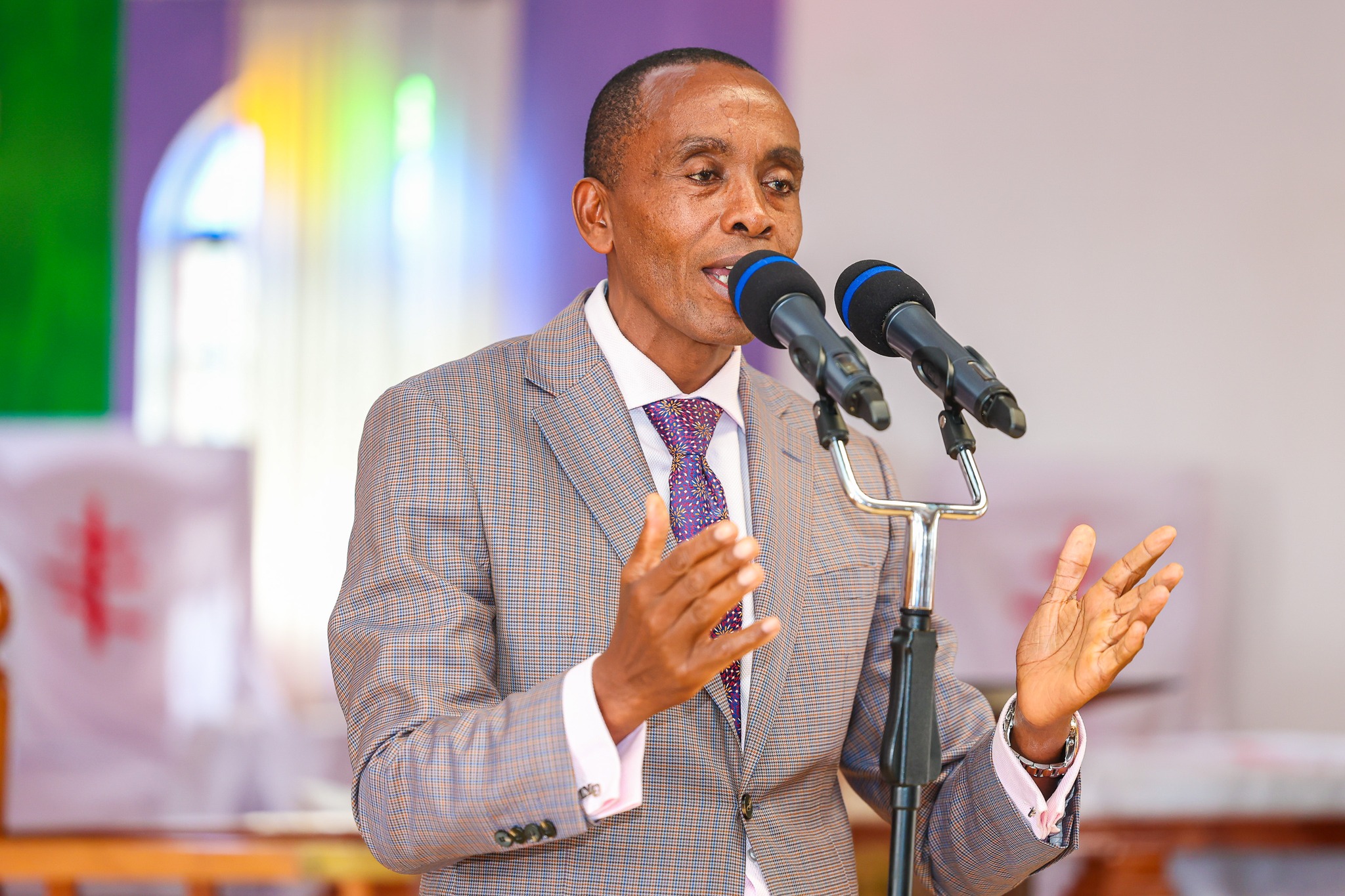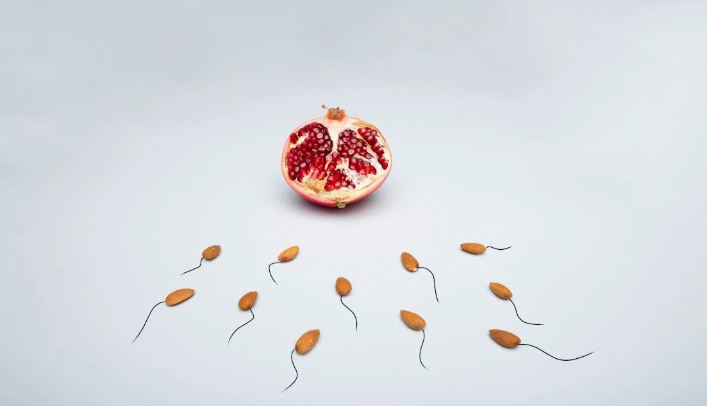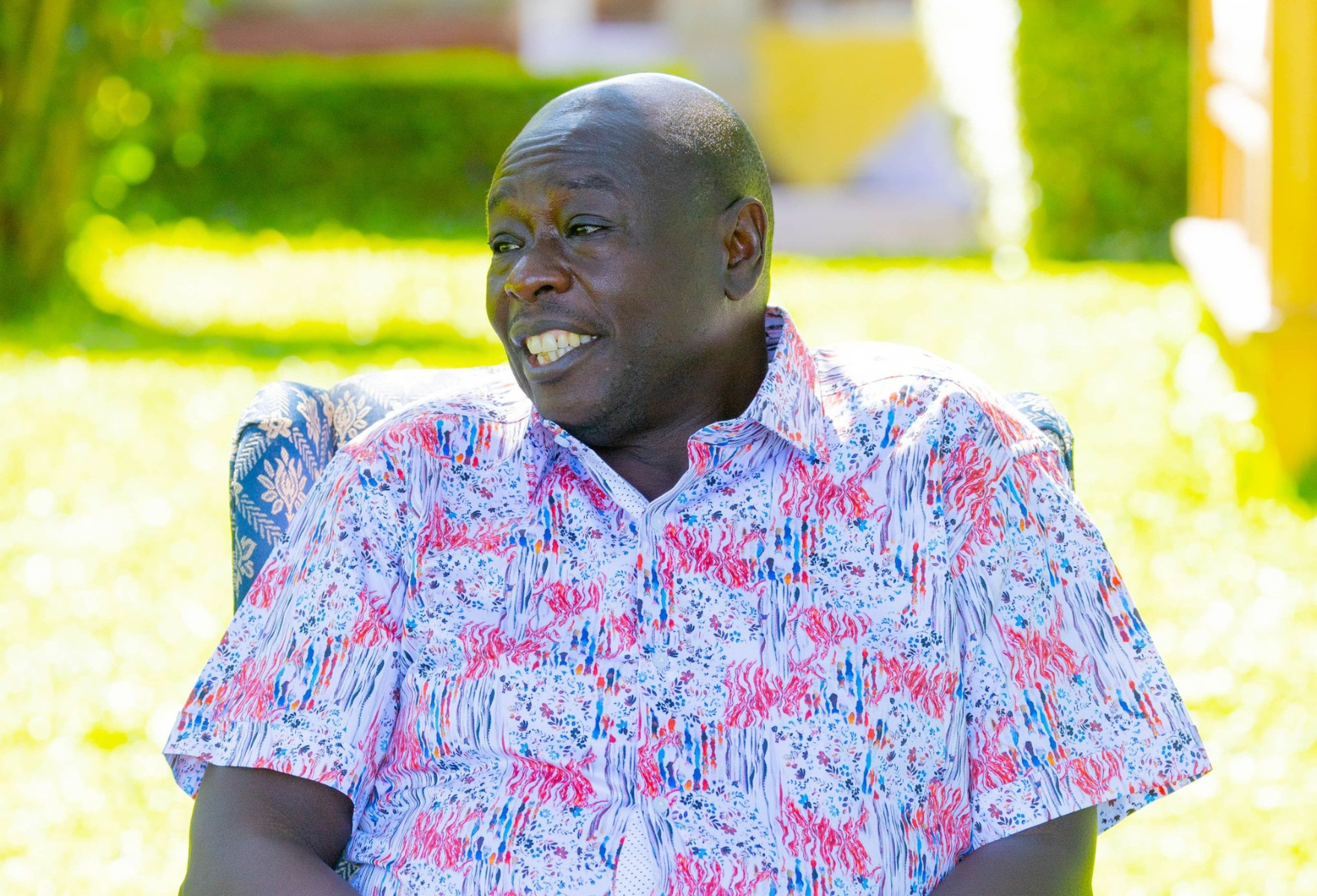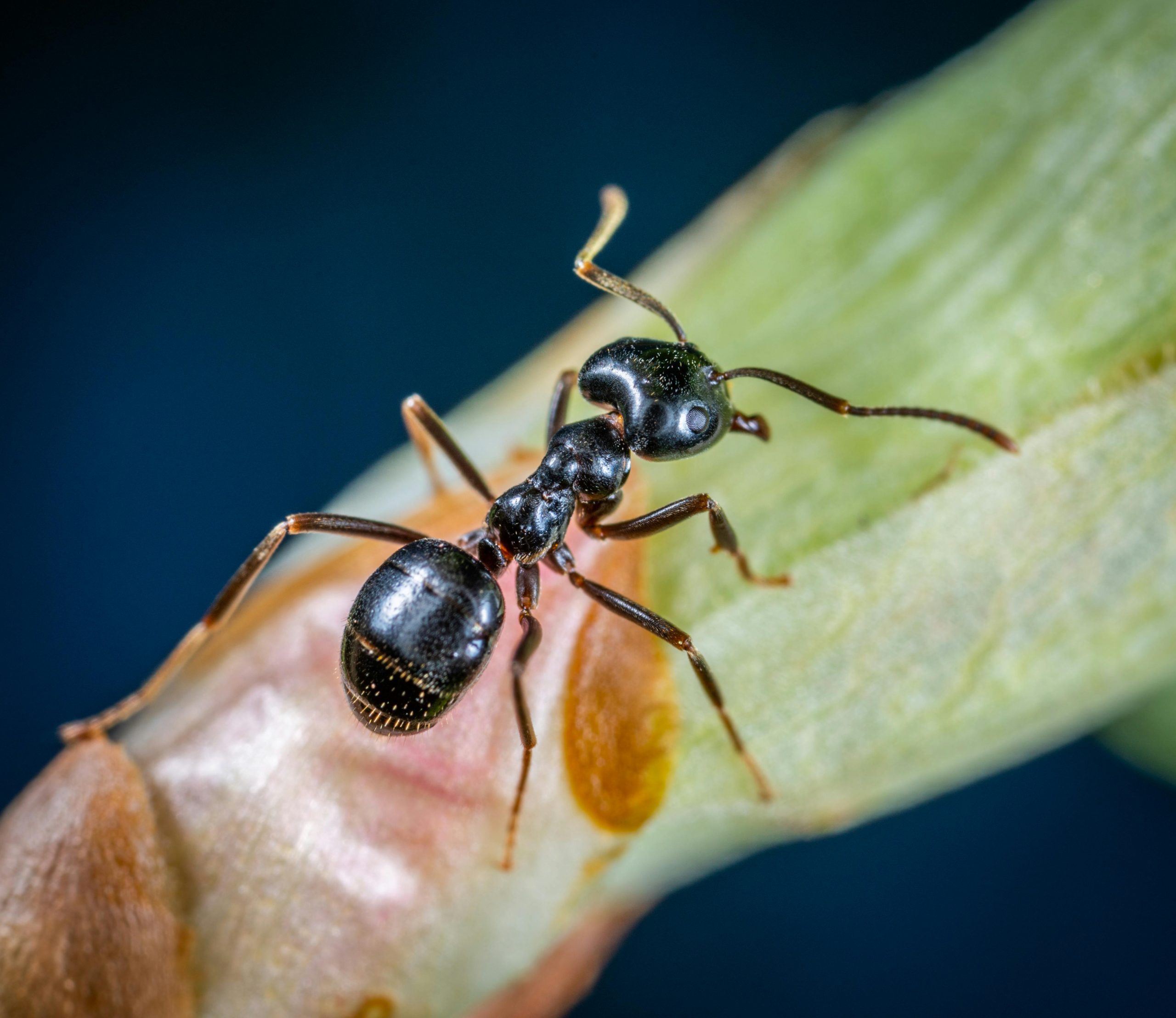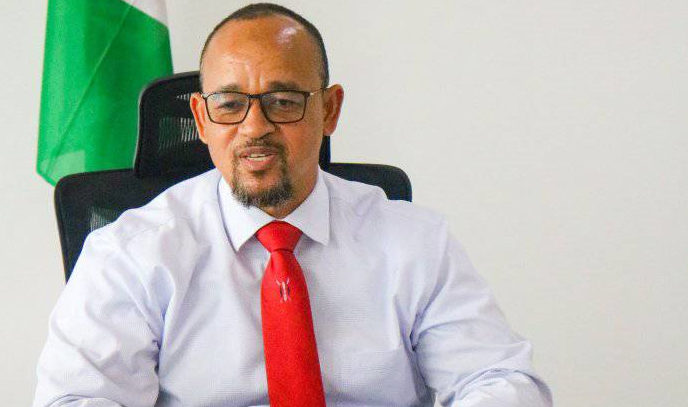NJUGUNA: Why youth must embrace agriculture as a full-time job
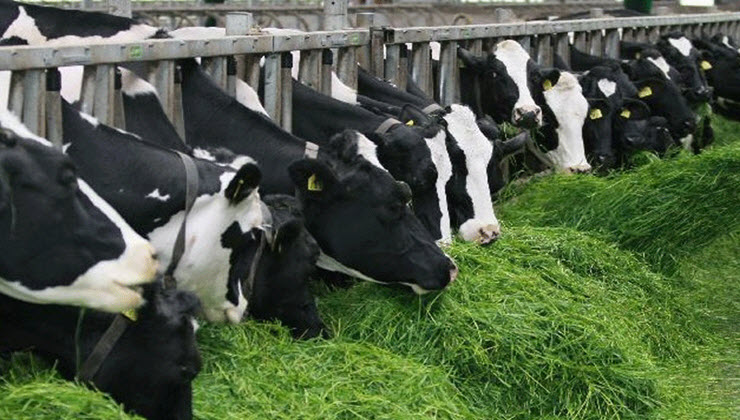
By Francis Njuguna
The other day during the course of my work, I met Mr. Josiah*. He is a jovial man even though physically disabled. With his social and talkative personality, we struck a conversation.
“You know when I finished my secondary education, I decided to go to Nairobi to look for employment,” He started. “I got a job as a matatu tout and for me, this was very good because I could handle cash every day. I saved enough and managed to enroll in a driving school. I later applied for a passenger service vehicles’ badge and was later employed as a matatu driver. For me, this was a blessing.
“After five years of active driving, I got involved in a road accident that confined me in hospital for several months and later left me crippled in my legs. I had no otherwise but to go back to my rural village somewhere in Vihiga County. All this time, I had a family, my wife and five children. I was left wondering how I would take care of my family. During my period of convalescence, I decided to visit one of my childhood friends who dropped out in class eight.
“What hit me was that he had built a decent house, unlike mine and he seemed happy. I asked him where he was employed and he pointed at his one-acre farm. He grows crops for sale and rears two dairy cows that also produce milk for commercial use. This left me wondering why I never thought so before heading to Nairobi. I told my friend I was interested in farming and he promised to show me where to sell the produce.
“I embarked on growing tissue culture bananas, local vegetables and rearing dairy goats. We have Sacco of dairy goats’ farmers, and a point to note is that we have never been able to satisfy our local market with goat milk. I am a proud father who has managed to pay school fees for my children up to tertiary level,” Mr. Josiah* concluded.
My conversation with Mr. Josiah* was an eye-opener. The Covid-19 pandemic has led to the closure of companies and businesses. This has contributed to the loss of jobs for most people. Even with job loss, people must eat. Evidently, Kenyans are at the mercy of those who practice agriculture.
However, it is unfortunate that the agriculture sector is dominated by an ageing population that prefers conservative rain-fed farming methods. The fact that few young people are pursuing agriculture as a full-time job should concern us.
According to the 2019 Kenya Population and Housing Census (KPHS 2019), 5,341,182 representing 39 percent of 13,777,600 young Kenyans are jobless.
In 2015, the World Bank stated that 17 percent of young people eligible for work in Kenya lacked employment. This is wasted capacity because young people are the most productive population tier.
Continued youth unemployment also widens the gap between the rich and the poor. If unchecked, it is a time bomb that can lead to social evils and increased crime.
A lack of quality education relevant to the needs of the labour market has led to unemployment.
In Kenya, we have a few private colleges offering smart agribusiness related courses. Such courses are hydroponics, aquaponics and apiculture.
Targeted campaigns are vital to motivate young Kenyans to pursue these courses. The government and well-wishers should support public Technical and Vocational Education Training (TVETs) institutions to introduce such courses.
The courses should also be modeled to train skills such as bookkeeping, market research, post-harvest loss reduction and value addition. By doing so the government will cut youth unemployment and increase food production.
As Thomas Jefferson once observed, Agriculture is our wisest pursuit, because it will, in the end, contribute most to real wealth, morals, and happiness.
It is wise for young Kenyans to embrace agribusiness as a source of income. By so doing, they will be tapping into a field that shall forever stay relevant because the human race must eat to thrive.
Francis Njuguna is a researcher with the Zizi Afrique Foundation. For feedback, send email to fnjuguna@ziziafrique.org

